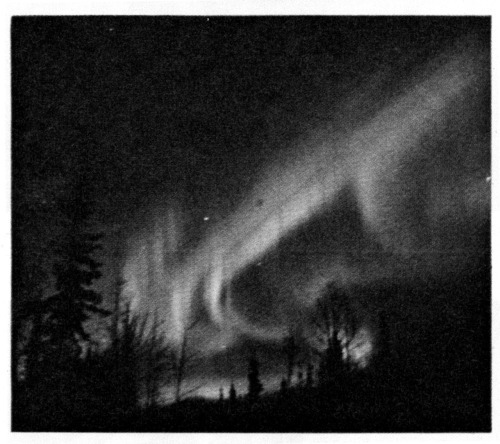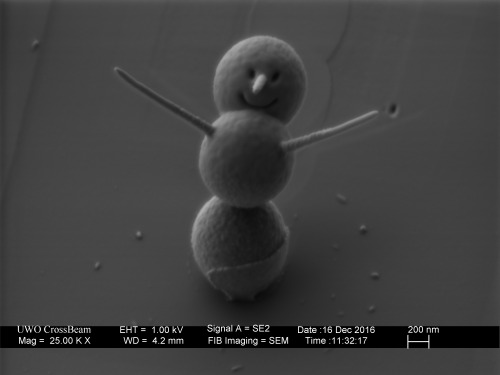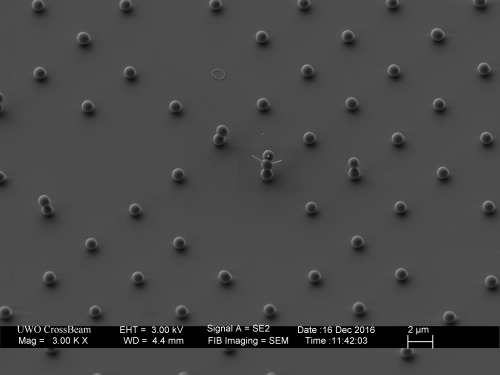Alphonse Mucha | The Months - December, 1899.

Alphonse Mucha | The Months - December, 1899.
More Posts from Porcelainrobot and Others

Framed by Nature // Merlin Kafka
What’s Up for July 2016?

What’s Up for July? Use Saturn as your guide to a tour of the summer Milky Way.

Saturn continues to dazzle this month. Its wide rings and golden color provide a nice contrast to nearby Mars and Antares. Below Saturn lies the constellation Scorpius, which really does look like a scorpion!

Through binoculars or telescopes you’ll be able to spot two pretty star clusters: a compact (or globular) cluster, M-4, and an open cluster, M-7. M-7 is known as Ptolemy’s cluster. It was observed and cataloged by Greek-Egyptian astronomer Ptolemy in the first century.

Climbing north, you’ll be able to spot the teapot shape which forms part of the constellation Sagittarius. The center of the Milky Way is easy to see. It looks like bright steam rising from the teapot’s spout.

With difficulty, a good star chart and a medium-sized telescope you can locate faint Pluto in the “teaspoon” adjacent to the teapot.

A binocular tour of this center core of the Milky Way reveals many beautiful summer sky objects. We first encounter the Eagle Nebula, M-16. Part of this nebula is featured in the famous and beautiful “Pillars of Creation” images taken by our Hubble Space Telescope.

You’ll have to stay up later to see the northern Milky Way constellations, which are better placed for viewing later in the summer and fall. Cygnus the swan features the prettiest supernova remnant in the entire sky, the Veil Nebula. It’s too big to fit in one eyepiece view, but luckily there are three sections of it.

Look between Aquila and Cygnus to find three tiny constellations: Delphinus the dolphin, Vulpecula the fox and Lyra the lyre (or harp). M-57, the Ring Nebula, is the remains from a shell of ionized gas expelled by a red giant star into the surrounding interstellar medium. It’s pretty, too! Look in Vulpecula for the Dumbbell, another planetary nebula.

We’ll end our summer tour with Lacerta the lizard and Draco the Dragon. Lacerta is home to a star with an extrasolar planet in its orbit, and Draco, facing away from the center of our Milky Way, is a treasure trove of distant galaxies to catch in your telescope.
Watch the full What’s Up for July 2016 video HERE.
You can catch up on current missions and space telescopes studying our Milky Way and beyond at www.nasa.gov.
Make sure to follow us on Tumblr for your regular dose of space: http://nasa.tumblr.com


Vintage photographs of Aurora Borealis.

The European Southern Observatory (ESO) has released a beautiful new image of the open star cluster Messier 7. This new view of a middle-aged star cluster (also known as “M7”) comes in the form of an ESO photo release. Using the MPG/ESO 2.2-metre telescope at La Silla Observatory in Chile, the image was taken with the Wide-Field Imager and shows a window of sky about 1° across, or twice as wide as a full Moon. The cluster stars are the big, (mostly) blue ones in the foreground, about 1000 light years away; the thousands of other, fainter stars are many times more distant as the line of sight in this view is one of the most dense through our Galaxy’s disk.
At 200 million years old, Messier 7 is a snapshot in the middle of the evolution of a typical star cluster: the gas and dust from which the stars formed are long gone, but the resulting stars are still near each other in space. The blue stars are evolving rapidly and will be the first to disappear, while the longer-lived cluster stars will slowly drift apart over the next billion years or so. According to the photo release, “As they age, the brightest stars in the picture — a population of up to a tenth of the total stars in the cluster — will violently explode as supernovae. Looking further into the future, the remaining faint stars, which are much more numerous, will slowly drift apart until they become no longer recognisable as a cluster.”


Stormy Weather at Porthcawl // Pete

Sharpless 308: Star Bubble by Anis Abdul

Bruno Hans Bürgel - Aus Fernen Welten, 1920.



The World’s Smallest Snowman stands less than 3 microns tall. The snowman was fabricated from three 0.9 micron silica spheres stacked with the use of electron beam lithography. The eyes and mouth were cut with a focused ion beam while the arms and nose were sculpted with platinum.

-
 aneffulgentgirl reblogged this · 5 months ago
aneffulgentgirl reblogged this · 5 months ago -
 casperthefuckinghost liked this · 5 months ago
casperthefuckinghost liked this · 5 months ago -
 tiedyewitch999 reblogged this · 5 months ago
tiedyewitch999 reblogged this · 5 months ago -
 lutefisk-kingdom liked this · 5 months ago
lutefisk-kingdom liked this · 5 months ago -
 jadedwander reblogged this · 5 months ago
jadedwander reblogged this · 5 months ago -
 jadedwander liked this · 5 months ago
jadedwander liked this · 5 months ago -
 femmelaurapalmer liked this · 5 months ago
femmelaurapalmer liked this · 5 months ago -
 carneirinha reblogged this · 5 months ago
carneirinha reblogged this · 5 months ago -
 carneirinha liked this · 5 months ago
carneirinha liked this · 5 months ago -
 femmesweetheart reblogged this · 5 months ago
femmesweetheart reblogged this · 5 months ago -
 femmesweetheart liked this · 5 months ago
femmesweetheart liked this · 5 months ago -
 eachjuly reblogged this · 5 months ago
eachjuly reblogged this · 5 months ago -
 eachjuly liked this · 5 months ago
eachjuly liked this · 5 months ago -
 iconomiccc reblogged this · 5 months ago
iconomiccc reblogged this · 5 months ago -
 edwardiansummer reblogged this · 5 months ago
edwardiansummer reblogged this · 5 months ago -
 cameo-locket reblogged this · 5 months ago
cameo-locket reblogged this · 5 months ago -
 eve-of-ill-repute reblogged this · 1 year ago
eve-of-ill-repute reblogged this · 1 year ago -
 pepperclaws liked this · 5 years ago
pepperclaws liked this · 5 years ago -
 dramaticlemur liked this · 5 years ago
dramaticlemur liked this · 5 years ago -
 ash-soka reblogged this · 6 years ago
ash-soka reblogged this · 6 years ago -
 loopgurls liked this · 6 years ago
loopgurls liked this · 6 years ago -
 ephemeralindividual reblogged this · 7 years ago
ephemeralindividual reblogged this · 7 years ago -
 maevianum reblogged this · 7 years ago
maevianum reblogged this · 7 years ago -
 maevianum liked this · 7 years ago
maevianum liked this · 7 years ago -
 theshawmansdaughter liked this · 7 years ago
theshawmansdaughter liked this · 7 years ago -
 langsat-lamb reblogged this · 7 years ago
langsat-lamb reblogged this · 7 years ago -
 maryabasolo liked this · 7 years ago
maryabasolo liked this · 7 years ago -
 angelusting liked this · 8 years ago
angelusting liked this · 8 years ago -
 nerdyllamacupcake-blog liked this · 8 years ago
nerdyllamacupcake-blog liked this · 8 years ago -
 alabaster-rose13 liked this · 8 years ago
alabaster-rose13 liked this · 8 years ago -
 noideaforthisname reblogged this · 8 years ago
noideaforthisname reblogged this · 8 years ago -
 antiquelaceartist reblogged this · 8 years ago
antiquelaceartist reblogged this · 8 years ago -
 amorals29-blog liked this · 8 years ago
amorals29-blog liked this · 8 years ago -
 somethingofadream reblogged this · 8 years ago
somethingofadream reblogged this · 8 years ago -
 somethingofadream liked this · 8 years ago
somethingofadream liked this · 8 years ago -
 pandora-box-of-mind liked this · 8 years ago
pandora-box-of-mind liked this · 8 years ago -
 lunagardenia reblogged this · 8 years ago
lunagardenia reblogged this · 8 years ago -
 lunagardenia liked this · 8 years ago
lunagardenia liked this · 8 years ago